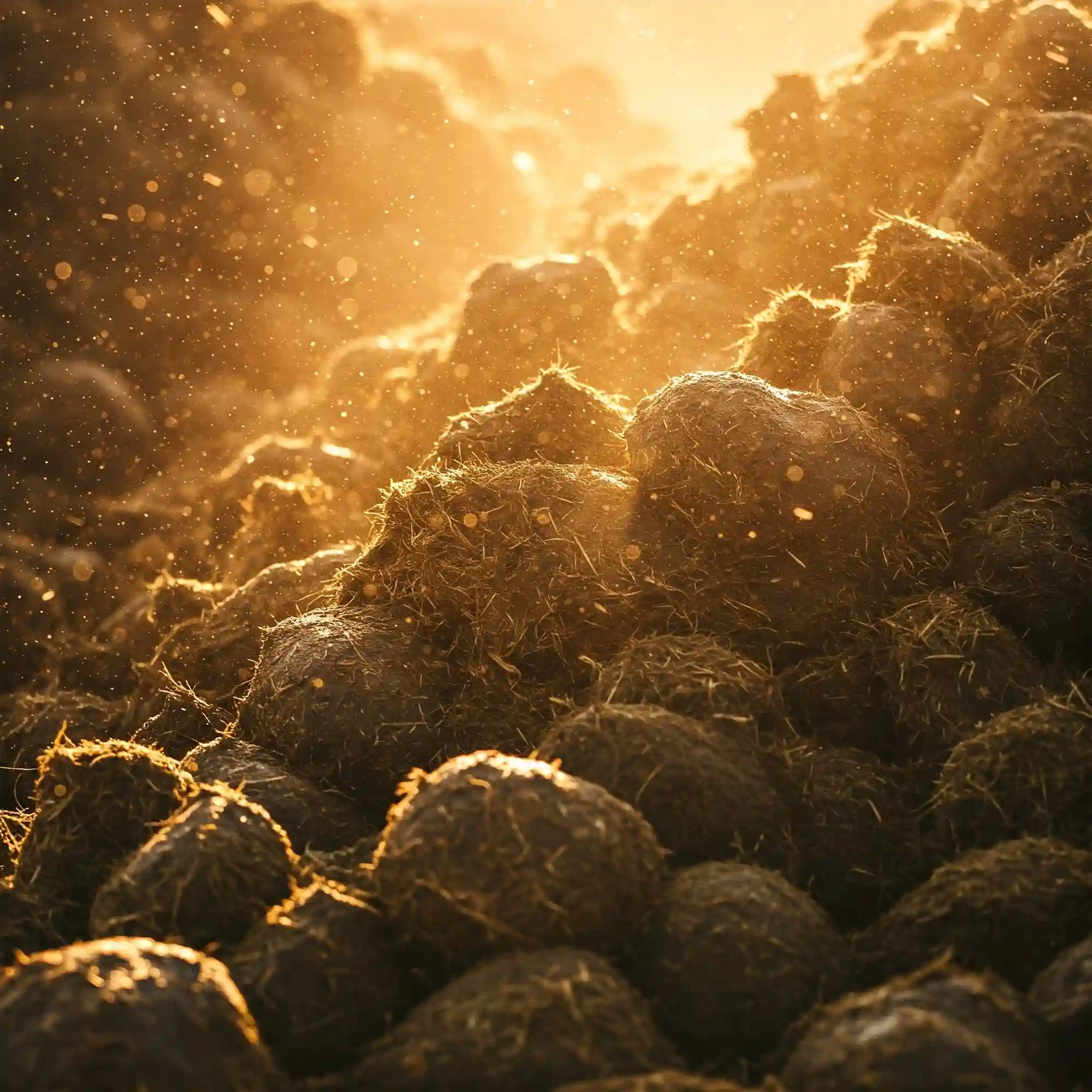Unleash the Power of Composting: A Fun and Educational Journey
In a world where environmental consciousness is more crucial than ever, empowering kids with knowledge about composting is a valuable step towards nurturing responsible stewards of our planet. Composting, the process of transforming organic waste into nutrient-rich soil, is an exciting and hands-on activity that teaches children about the wonders of nature and the importance of sustainable living.
Why Composting Matters
- Reduces Landfill Waste: Composting diverts organic waste from landfills, reducing greenhouse gas emissions and conserving precious space.
- Creates Nutrient-Rich Soil: Compost enhances soil fertility, improves plant growth, and reduces the need for chemical fertilizers.
- Teaches Environmental Stewardship: Composting instills a sense of responsibility for the environment and encourages kids to make eco-friendly choices.
Composting Activities for Kids
1. Create a Compost Bin:
Help your child build a simple compost bin using repurposed materials like plastic buckets or wooden pallets. Decorate the bin together to make it visually appealing.
2. Gather Organic Materials:
Collect organic materials such as food scraps, yard waste, and cardboard pieces. Encourage your child to sort waste responsibly by setting up different collection bins.
3. Layer the Compost Bin:
Teach your child about the importance of layering compost materials. Alternate layers of brown materials (dry leaves, twigs, cardboard) with green materials (food scraps, grass clippings).
4. Turn the Compost:
Regularly mix and turn the compost pile using a pitchfork or shovel. This helps aerate the compost and speeds up the decomposition process.
5. Monitor Temperature and Moisture:
Use a compost thermometer to check the temperature of the compost pile. Ideal temperatures range between 130°F and 150°F. Water the compost if it appears dry.
6. Observe the Composting Process:
Encourage your child to observe the changes that occur in the compost pile over time. Discuss the role of microorganisms in decomposition and the transformation of waste into nutrient-rich soil.
7. Use Compost in the Garden:
Once the compost is ready, use it to fertilize plants in your backyard or community garden. Witness the positive impact of compost on plant growth and soil health.
Educational Resources for Kids
- Compost Kids: A website dedicated to teaching children about composting in a fun and engaging way. Features interactive games, activities, and downloadable resources.
- The Compost Story: A children’s book that introduces young readers to the benefits of composting and the role it plays in protecting the environment.
- Composting for Kids: A downloadable guide from the Environmental Protection Agency (EPA) that provides detailed instructions and activities related to composting.
Conclusion
Composting is an empowering activity that teaches kids about environmental responsibility, sustainability, and the wonders of nature. By engaging in hands-on composting activities, young eco-warriors can make a positive impact on their communities and the planet while gaining valuable knowledge about the importance of reducing waste and promoting soil health.

